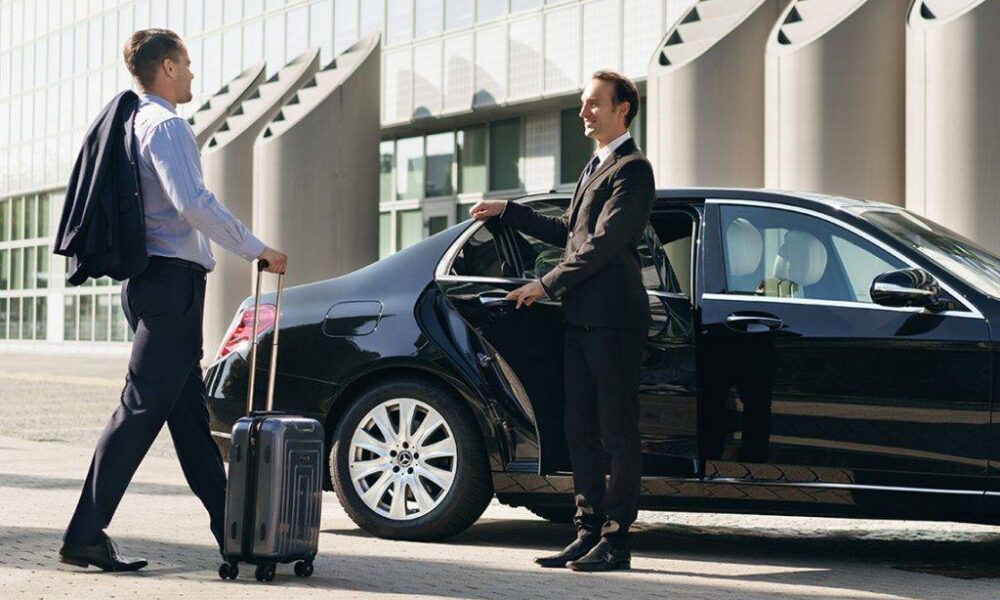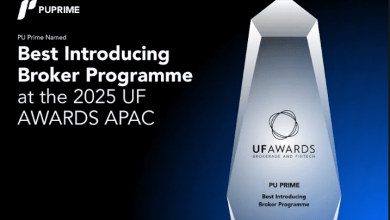The ROI of Reliability: Why Houston’s Top Executives Choose Professional Chauffeur Services as a Business Asset

In today’s data-driven business environment, every corporate expense is under scrutiny. From software subscriptions to T&E (Travel and Expenses), finance departments are tasked with one simple question: “What is the ROI?”
For ground transportation, the rise of the gig economy and ridesharing apps presented what seemed like an obvious win: a significant reduction in cost. Many companies have, therefore, adopted app-based rides as the default for their employees.
However, for C-suite executives, high-stakes client meetings, and complex itineraries, the savviest financial managers in Houston are looking beyond the surface-level cost. They are running a different calculation, one that values reliability not as a luxury, but as a hard-and-fast business asset with a measurable positive return.
When the “asset” being transported is a CEO, a key rainmaker, or an entire M&A team, the equation shifts from “cost mitigation” to “risk mitigation.”
The Hidden Costs of “Cheaper”
The gig-economy model is a marvel of logistics, but it is built on variability. For a business, variability is synonymous with risk. These risks have tangible financial downsides:
- The Cost of Unreliability: What is the financial impact of your executive team arriving 15 minutes late to a billion-dollar pitch meeting because their rideshare driver got lost? What is the cost of a missed international flight due to a last-minute cancellation?
- The Cost of Lost Productivity: A C-suite executive’s time is the company’s most valuable asset. A standard rideshare is a gamble—it can be noisy, unclean, or unprofessional. That 45-minute trip from IAH to Downtown becomes a “dead” hour, where taking sensitive calls or working on a laptop is impractical or insecure.
- The Cost of “Duty of Care”: In the event of an accident, a corporation has a “Duty of Care” for its employees. Navigating the complex insurance (and lack thereof) of a gig-economy driver versus a fully-vetted and commercially-insured employee presents a massive legal and financial liability.
Calculating the Positive ROI of Professional Transport
Top executives and their finance teams opt for professional corporate car services in houston because it provides a clear and demonstrable return on investment.
- ROI: Maximizing Billable Hours A professional chauffeur service transforms a vehicle from a simple “car” into a “mobile office.” When an executive steps into a high-end sedan, they are entering a controlled, secure environment. With business-grade Wi-Fi, privacy, and a quiet atmosphere, that 45-minute commute is instantly converted into 45 minutes of productive work.
They can securely review sensitive documents, take confidential calls, or join a video meeting. That “dead” time is now billable, productive time, which in many cases more than pays for the cost of the service.
- ROI: De-Risking Complex Logistics For high-stakes business, logistics are everything. A multi-day financial roadshow, for example, involves a complex itinerary of back-to-back meetings in different locations. There is zero margin for error.
A professional roadshow car service operates on an entirely different tech stack. They use integrated logistics software that tracks flight data in real-time, monitors traffic predictively, and ensures a chauffeur is on-site, not just “on the way.” This isn’t transportation; it’s managed logistics. The investment in this service is, in effect, an insurance policy against the catastrophic failure of a multi-million dollar initiative.
- ROI: Financial Predictability and Risk Mitigation From an accounting perspective, professional services are a preferred vendor. The price is fixed, agreed upon in advance, and all-inclusive. There is no “surge pricing” to upset a budget. This makes forecasting and expensing clean and predictable.
Furthermore, the “Duty of Care” liability is covered. The vehicles, the chauffeurs, and the service are all under a comprehensive commercial insurance policy. For any corporate legal or finance department, this risk mitigation is not just a benefit; it’s a requirement.
A Tool, Not a Perk
Houston’s top executives don’t use professional chauffeurs as a “perk” or a status symbol. They use it as a business tool.
It is a strategic investment in maximizing the productivity of the company’s most valuable assets. It is a financial instrument for mitigating the enormous risks of delays and unreliable transport. And it is a core component of a sound corporate governance strategy, ensuring “Duty of Care” is met.
When you analyze the true cost—the hidden variables of lost time, missed opportunities, and legal exposure—it becomes clear. The “cheapest” option is rarely the most profitable. Reliability is an asset, and in the world of high-stakes business, it delivers a return every single time.




